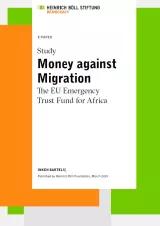Democracy
Dossiers
Articles
Show more articles about Democracy (181)
Publications
Show more publications about Democracy (35)
more pages about Democracy
Show more Landingpages about Democracy (15)
© Heinrich-Böll-Stiftung e.V.
Schumannstraße 8
10117 Berlin
T +49 (30) 285 34-0
F +49 (30) 285 34-109
www.boell.de
info@boell.de
























